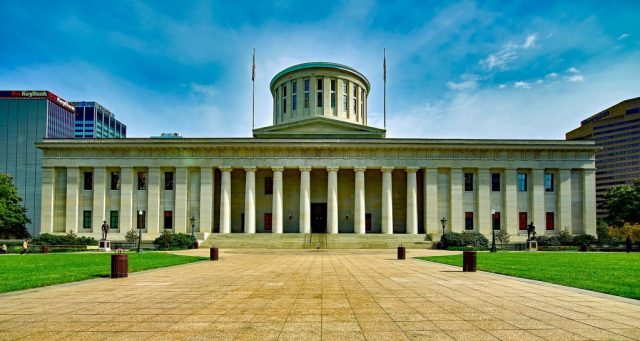
COLUMBUS — State Senator Tim Schaffer (R-Lancaster) is applauding the Ohio Senate’s passage of a sweeping package of property tax reforms that he says will “end the unfair practice of runaway tax increases without votes from the people.”
The reforms, passed through four major bills, are projected to save Ohio property owners an estimated $2 billion over the next three years.
Five Key Areas of Reform
Lawmakers approved changes across several bills aimed at slowing tax growth, prioritizing relief for homeowners, and giving counties more control over excessive collections:
House Bill 129 – Owner-Occupied Relief Boosted
- Increases the owner-occupied tax credit from 12.5% to 15.38% over four years.
- Provides up to $400 million in property tax savings for Ohioans who own and live in their homes.
- Phases out the nonbusiness property tax credit.
- Applies tax reduction factors to existing Emergency and Substitute levies.
House Bill 186 – Limiting Sudden Tax Spikes
- Caps property tax increases triggered by reappraisals to no more than the three-year cumulative inflation rate.
House Bill 309 – Local Oversight Strengthened
- Gives county budget commissions authority to reduce unnecessary or excessive property tax collections.
House Bill 335 – Curbing Automatic Growth
- Limits increases from inside millage to no more than the three-year cumulative inflation rate.
“These property tax reforms will provide relief for taxpayers all across the state and fight against unvoted-for tax increases,” Schaffer said, noting that more than 70% of property tax revenue statewide currently goes to schools.
Earlier Moves to Rein in Tax Hikes
Earlier this year, the Senate also voted to override vetoes that eliminated:
- Substitute emergency levies
- Substitute replacement levies
Lawmakers argued these levies created major, unexpected spikes for taxpayers because they fell outside traditional anti-inflation protections.
More Reforms to Come
Senator Schaffer said the Senate plans to continue exploring additional efforts to reduce Ohioans’ property tax burden and modernize the state’s taxation system.










